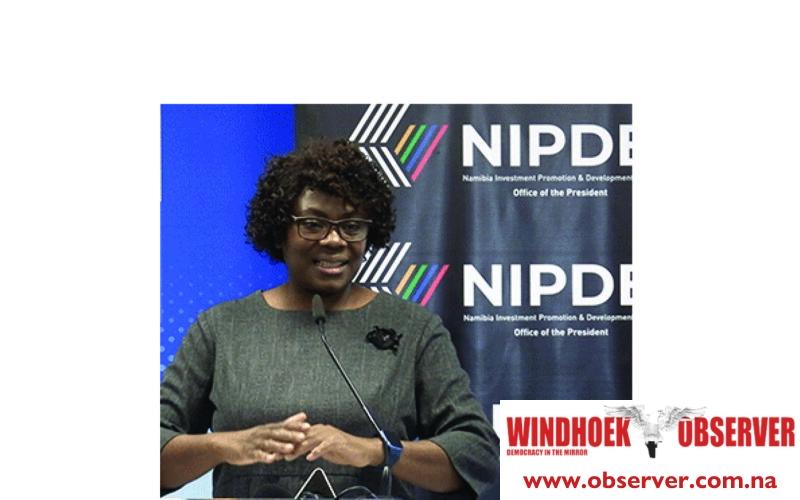Chamwe Kaira
The government must decide whether promoting foreign direct investment (FDI) is necessary to reverse the long-term decline in private sector investment, economist Robin Sherbourne has said.
Sherbourne said the government should first focus on “improving the product” rather than selling something that “does not withstand scrutiny.”
He said this involves eliminating policy uncertainty and addressing issues that are crucial to investors.
“These uncertainties include having an internationally competitive tax regime, clear property rights, and protection from arbitrary government nationalisation or the forced incorporation of local partners,” he said.
He added that investors also need clear dispute resolution mechanisms, the ability to bring capital in and repatriate profits, permission to hire skilled workers where needed, clear expectations for employing and training Namibians, access to land where suitable, and efficient bureaucratic procedures.
“If this is done, it may discover that there is no need to create an expensive body like the Namibia Investment Promotion and Development Board (NIPDB),” Sherbourne said in a report for the Institute for Public Policy Research (IPPR).
He noted that if the government decides that such a body is still necessary, it should ensure it can deliver tangible improvements in key areas.
President Netumbo Nandi-Ndaitwah placed the NIPDB under the Ministry of International Relations and Trade following a government restructuring aimed at better aligning trade, investment, and diplomatic efforts.
She made the announcement during the Invest in Namibia session held in Luanda, Angola, on 24 June 2025.
“International evidence suggests government departments are the least effective option, whereas bringing in private sector expertise can have a major positive impact,” he said.
Sherbourne said a new NIPDB must be led by a strong leader with ministerial status and authority to drive continuous improvement in the investment climate.
He said it should also have a strong board with independent private sector members, a clear mandate, and the ability to resist political pressure.
He added that the body should have reliable government funding, the capacity to charge investors for services such as visas, and sound corporate governance to ensure accountability.
“Employees must be held to account for the trips they make and the expenses they incur,” he said.
He said the body should also develop internal expertise to actively seek the best investors for Namibia rather than simply process those who show interest. It should be anchored in a proper investment act that attracts genuine investors who benefit the country.
“At this stage it looks like the government is determined to make the investment environment more complex and opaque rather than less,” he said.
“The local content policy in upstream oil and gas is but one example. The requirements for suppliers to public enterprises is another. It is far from certain that any new NIPDB would be in a position to do much about this.”
According to Sherbourne, the NIPDB has released three reports covering 2022, 2023, and 2024.
Its latest project pipeline shows N$174.86 billion in potential investments, N$117.91 billion in leads, N$32.27 billion in final investment decisions, N$24.68 billion in capital deployed, and N$2.89 billion in operational projects.
Caption
Namibia Investment Promotion and Development Board (NIPDB) CEO Nangula Uaandja speaking during an event.
- Photo: NIPDB




